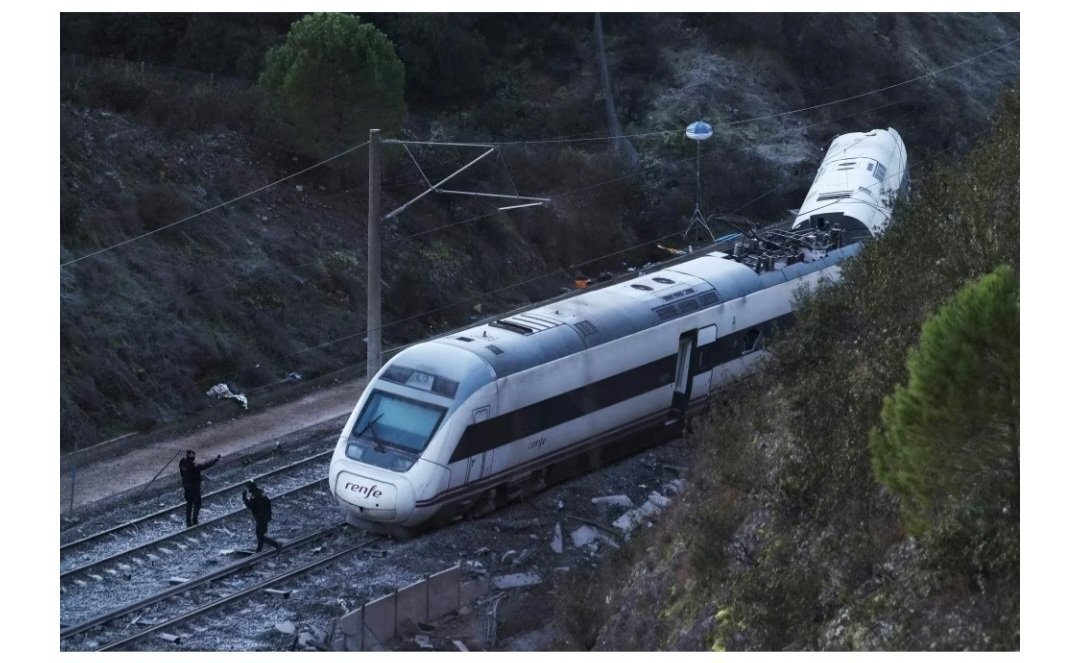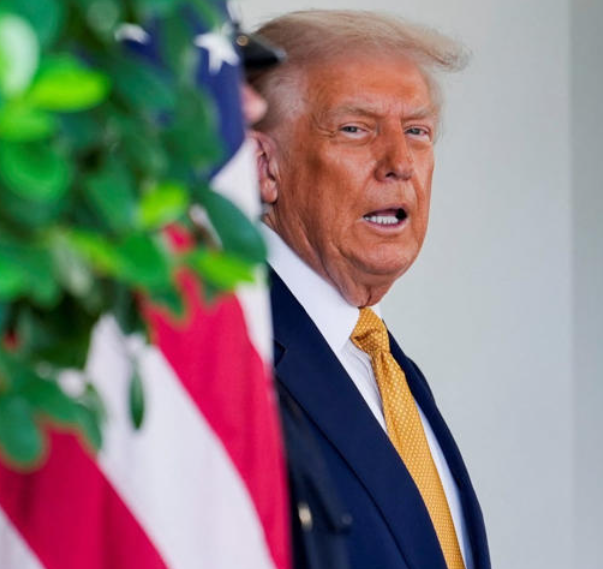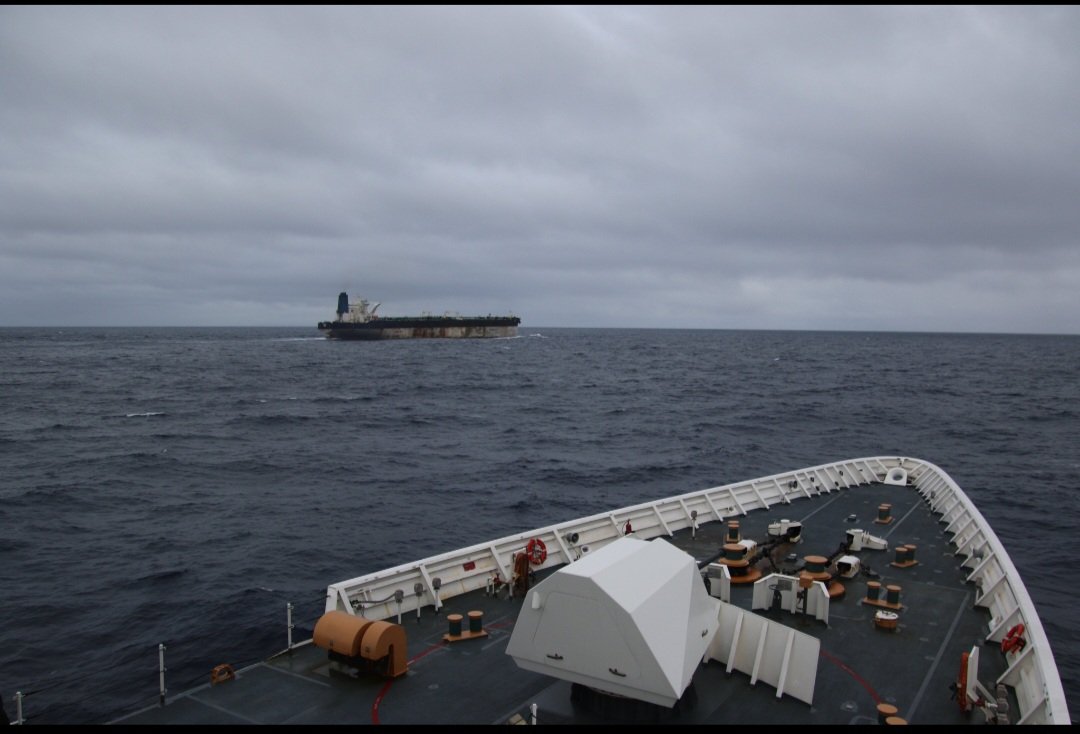
The Federal Government of Nigeria is contemplating a six-month suspension of import duties on staple food items, drugs, and other essential products in a bid to curb the escalating inflation, according to a report reviewed by Nairametrics.
The proposal, detailed in a document sent to President Bola Tinubu for review and approval, outlines comprehensive measures to alleviate the burden of inflation on Nigerian citizens. The document also suggests waiving levies on fertilizers, poultry feed, flour, and grains.
Bloomberg has reported that President Tinubu has yet to sign the document for implementation. The proposed initiative, named the Inflation Reduction and Price Stability Order, mandates the Ministry of Finance and the Central Bank of Nigeria to formulate a plan for providing low-interest loans to key sectors including agriculture, pharmaceuticals, and manufacturing.

“This productive deployment will ultimately improve outputs and reduce inflation,” the document states.
Additionally, the proposal includes the potential suspension of value-added tax (VAT) on several critical items such as automotive gas oil, some basic food items, semi-processed staple food items like noodles and pasta, raw material inputs for food manufacturing, electricity, public transportation, agricultural inputs, and pharmaceutical products, effective until the end of the year.
Importation of Paddy Rice
As part of the broader strategy to stabilize the economy, the federal government is also considering the importation of paddy rice and maize. This recommendation is part of the Accelerated Stabilization and Advancement Plan (ASAP) report submitted by Finance Minister Wale Edun.
The ASAP report advises an executive order to allow millers to import paddy rice, aiming to counteract the growing food inflation. The document proposes:
– Suspension of import duty and VAT on specified items
– Importation of paddy rice by millers
– Implementation of an import duty exchange rate peg
However, this proposed plan appears to conflict with earlier statements made by President Tinubu regarding food imports. Earlier this year, in an address to the State Chairpersons of the All Progressive Congress (APC), President Tinubu declared that his administration would not rely on food imports, seeking instead to convert current challenges into opportunities for future self-sufficiency.
Context and Implications
Nigeria is currently facing a severe food crisis, with food inflation soaring to 40.5%. The price of rice, a staple food, has surged dramatically, increasing by 169% in the past year to nearly N90,000 per bag in March and April. This surge in food prices is placing significant pressure on households, exacerbating the nation’s already fragile economic situation. Projections indicate that approximately 31 million Nigerians could face severe food shortages by August this year.
The consequences of this food crisis are far-reaching, affecting not just the economy but also health, education, and societal well-being.
This initiative by the federal government to suspend import duties and VAT on essential items and to facilitate the importation of paddy rice and maize is seen as a critical measure to mitigate the adverse impacts of inflation and improve food security in the country.
The nation awaits President Tinubu’s decision on these proposals, which could mark a significant step towards stabilizing the Nigerian economy amidst the ongoing crisis.
Credit: Nairametrics







